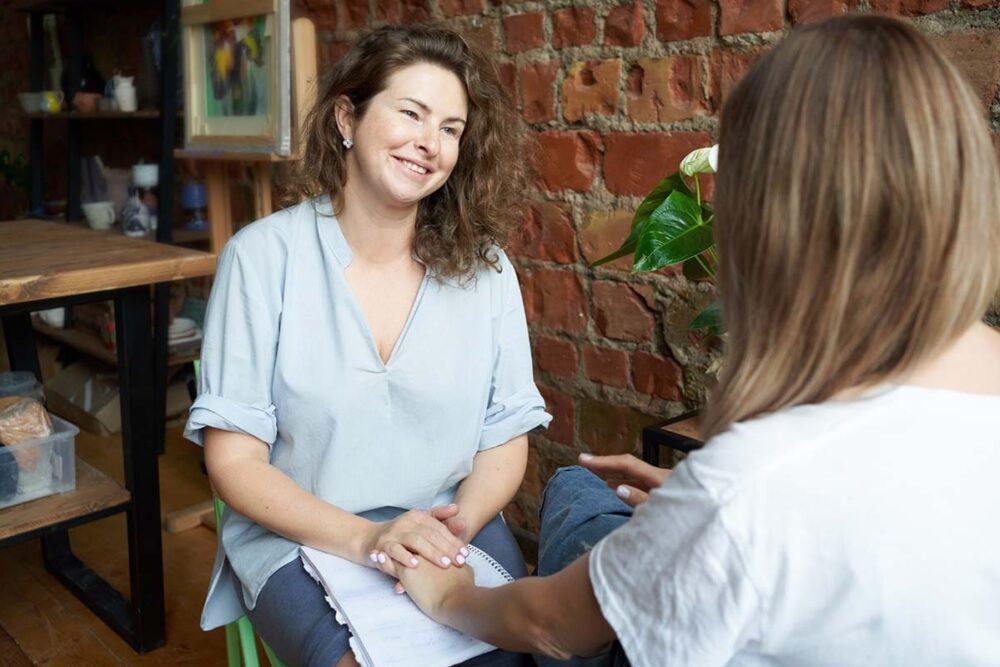Power to Kids
Strengthening prevention and responses to child sexual exploitation, harmful sexual behaviours and dating violence for young people in residential care and schools.
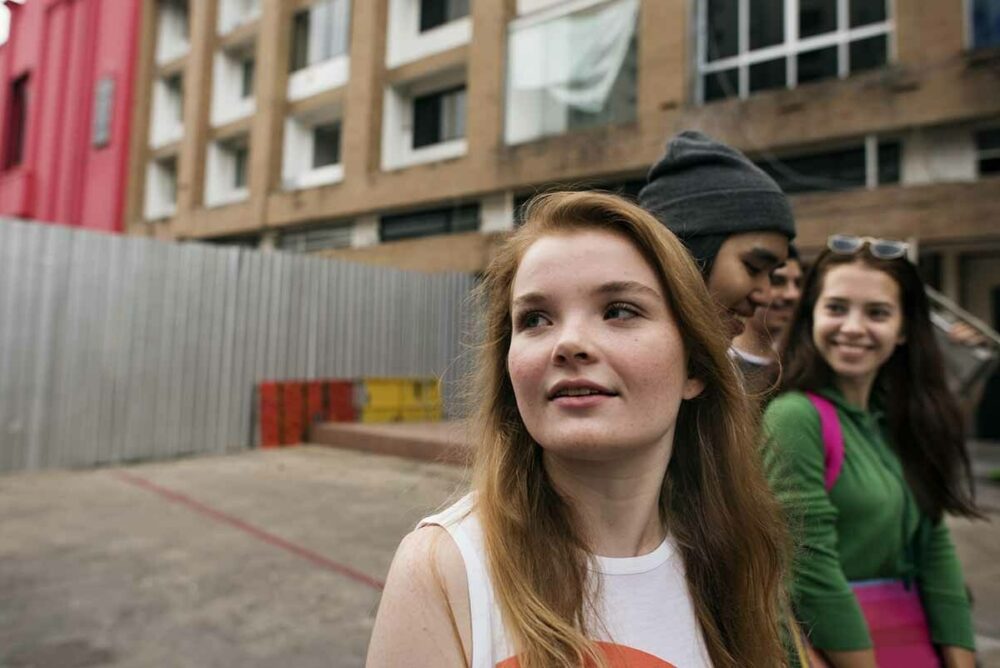
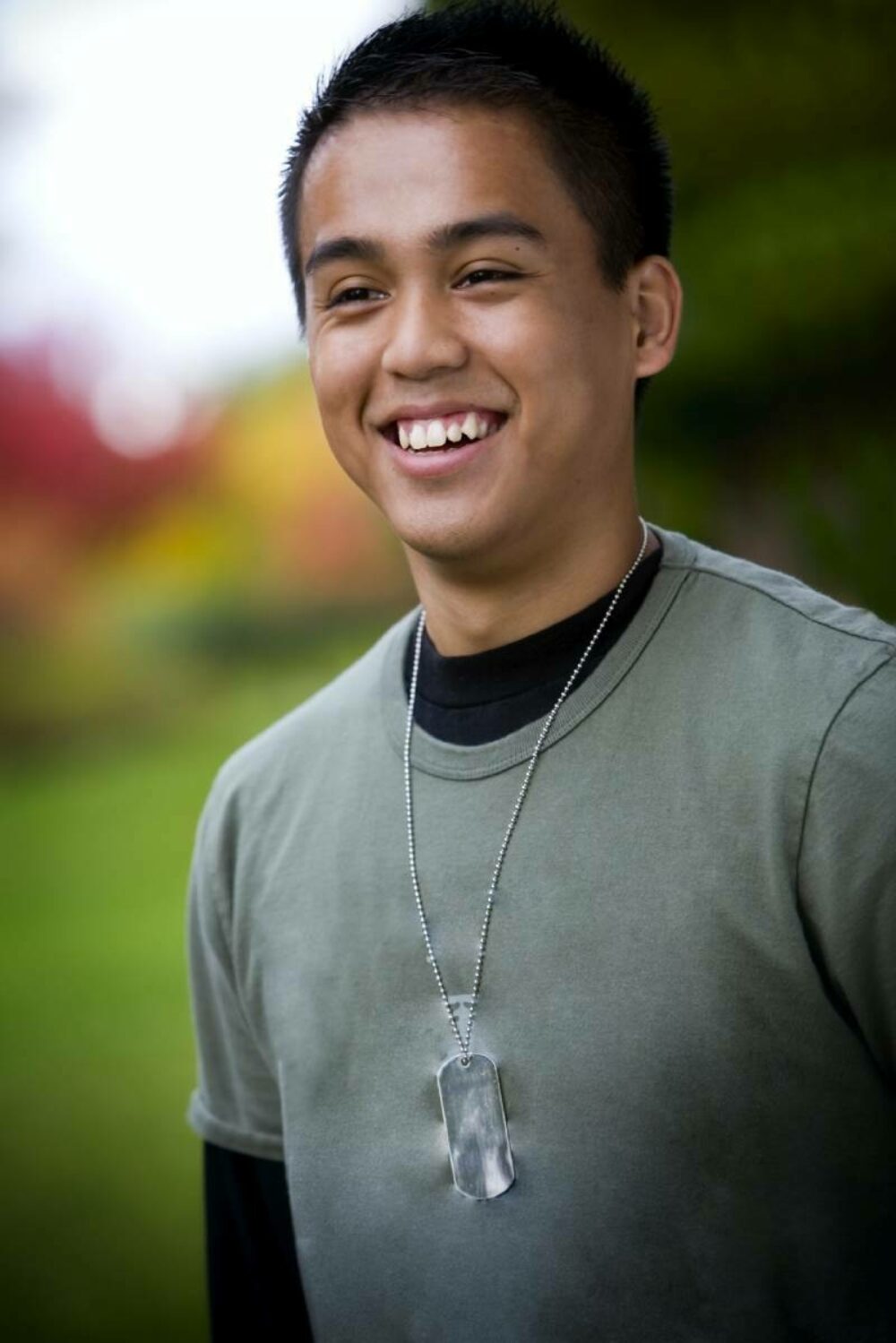
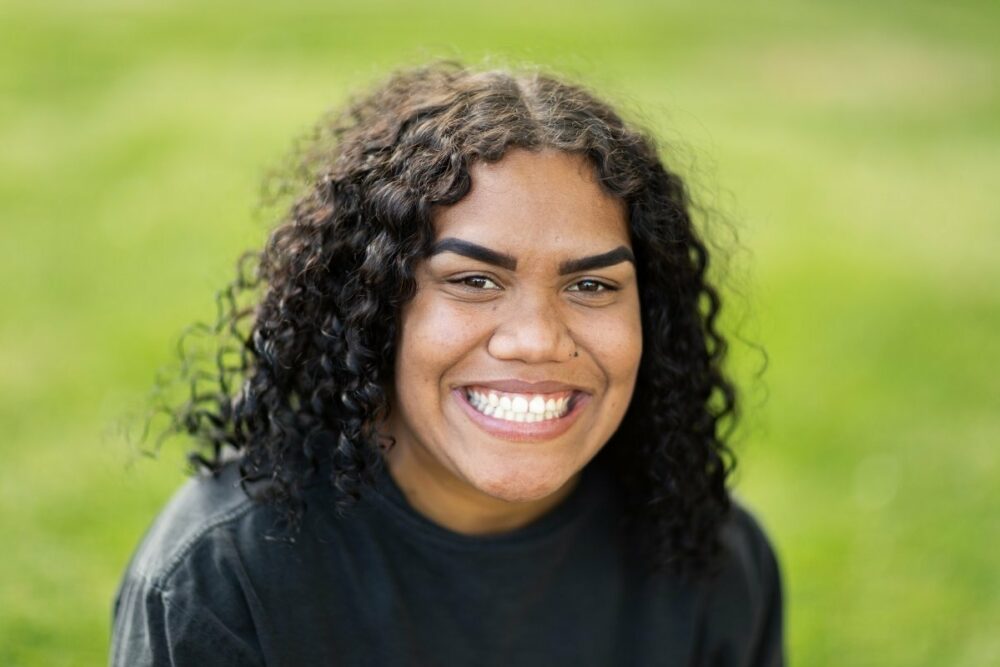
Power to Kids in Out of Home Care
Why we need Power to Kids
1 in 4 Australian children have experienced child sexual abuse (CSA) (Australian Childhood Maltreatment Study, 2023), and despite accounting for only 5% of all children in care, children in residential care account for 33% of child sexual exploitation (CSE) reports (Royal Commission into Institutional Responses to Child Sexual Abuse, 2017). Many of these children and young people have experienced repeated family violence, trauma and displacement, making them highly vulnerable to child sexual exploitation, harmful sexual behaviours (HSB), and dating/relationship violence. Prevention and early intervention are critical.
The program
Power to Kids is a professional learning program that upskills out-of-home care professionals to strengthen prevention, early identification and responses to multiple forms of child sexual abuse including child sexual exploitation, harmful sexual behaviours and dating violence. Power to Kids supports carers with the knowledge and practical skills to hold ‘brave conversations’ around sexual health and safety. The program builds the capacity of carers to enact three evidence-based strategies including a whole-of-house education approach, early identification and intervention, and connecting with appropriate services to disrupt harm. The professional learning is delivered through multiple methods including: introductory workshop, 11 e-learns that can be accessed flexibly, live full day training, leadership support and implementation support.
Upskilling carers
We know that conversations about sexual safety can be challenging. Power to Kids upskills carers, giving them the confidence to have ‘brave conversations’ about sexual safety and building carers' capabilities to prevent, identify and intervene early when they see indicators of abuse.
Skilled Carers play a crucial role in empowering children and young people in residential care with information about respectful relationships, sexual safety and fostering help-seeking behaviours. Power to Kids provides age-appropriate and practical resources to enact prevention and early intervention strategies in a timely way when risks arise.
Evidence-based practice
Power to Kids is a multidisciplinary approach developed by MacKillop Family Services in partnership with the University of Melbourne. Power to Kids was initially piloted in MacKillop Family Services 120 residential care homes and its effectiveness measured through a rigorous and independent evaluation. The program has been informed by the voices of young people in care and residential care workers. Over the following two years, Power to Kids was rolled out nationally to other OOHC organisations and has reached over 50 organisations and over 3,000 out-of-home care professionals. The program has undergone a further evaluation following the national rollout, and the overwhelming message continues to be that Power to Kids makes a real difference for the safety of children in care with 99% of participants stating it has increased the confidence to prevent, identify and intervene early.
Our Learning Outcomes
We’re committed to maximising our impact for children and young people through action, research and evaluation.
Key findings include:
Children and young people
-Experienced increased protection against harmful sexual behaviour, child sexual exploitation and dating violence
-Experienced enhanced safe relationships with their carers
-Were observed to be missing from home less often
-Improved their knowledge, skills and attitudes towards sexual health and safety
Carers
-Increased their knowledge about harmful sexual behaviour, child sexual exploitation and dating violence
-Improved their capabilities to identify harmful sexual behaviour, child sexual exploitation and dating violence to ensure advocacy, exit and treatment
-Increased self-efficacy in having sexual health and safety conversations with children and young people
What's included in the learning?
Each organisation that engages in Power to Kids receives:
1. Introductory workshop for organisation leaders
2. Co-design workshop and implementation support for leaders
3. Introductory workshop for all staff
4. Access to 11 eLearns for all staff providing foundational knowledge and understanding to key topics including: rights & responsibilities, pornography, grooming, consent, cultural practice
5. Full day live training for all staff (in-person or online) to reinforce knowledge and practice key strategies
6. Ongoing implementation support
7. Access to elearning portal of resources and toolkits
What does the eLearning look like?
"We should be doing everything we can to stop [Child Sexual Exploitation]. That’s why we’ve recommended that Power to Kids be rolled out to all residential care houses."
Liana Buchanan, Principal Commissioner for Children and Young People, Victoria.
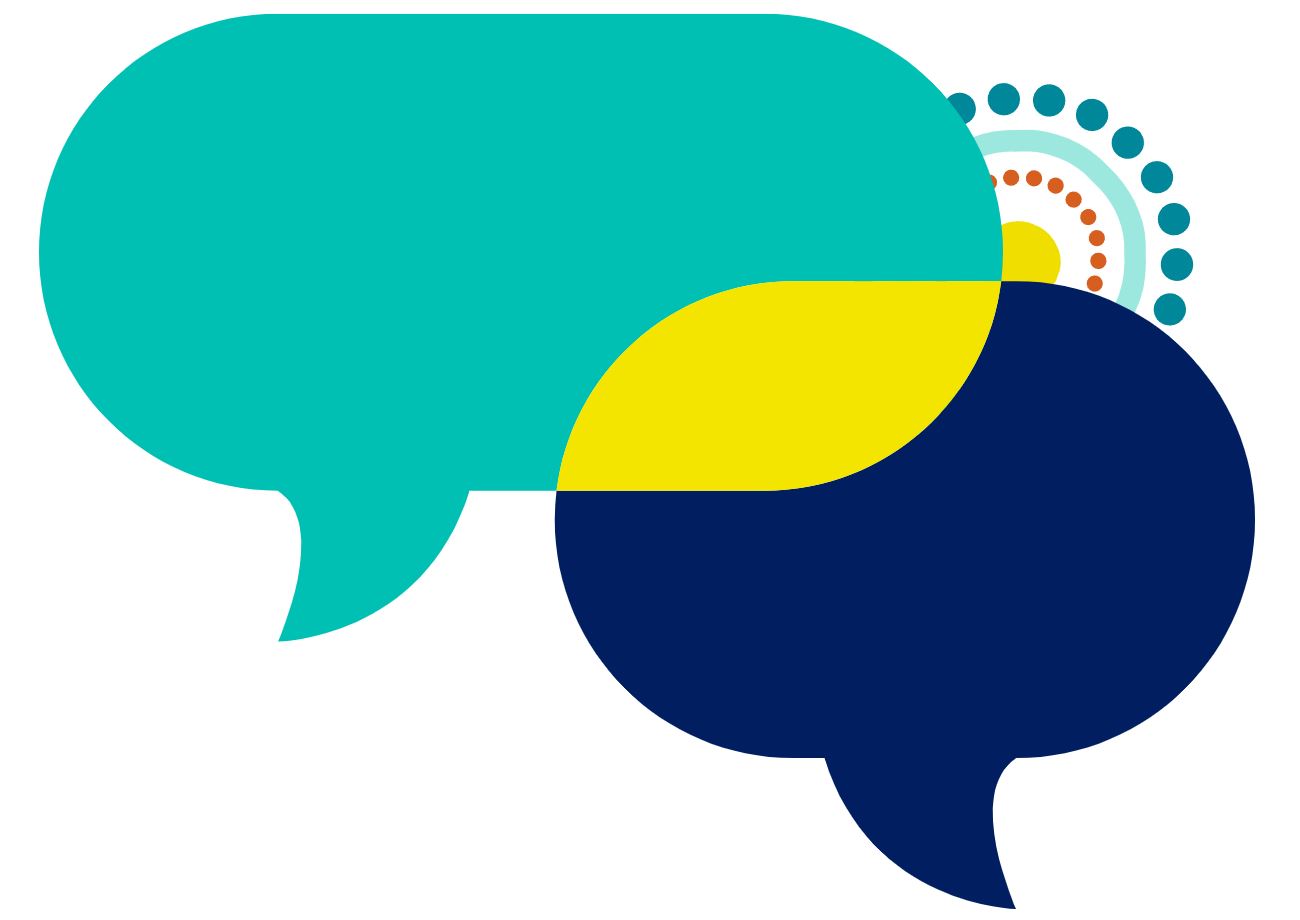
Program background & delivery details
Power to Kids Framework
As part of the whole of house education, Power to Kids is structured across three prevention and response strategies. Participants explore each strategy within the lens of their own context and deepen their understanding of trauma-informed, relationship and strength-based, and culturally safe practice for effective implementation. Participants gain confidence to create safe spaces for brave conversations with young people on key sexual health and safety topics. By upskilling carers, Power to Kids aims to increase young people’s understanding of healthy relationships and sexual safety. Through increased understanding and improved strengths-based relationships, young people are more likely to ask questions, disclose concerns and seek help when needed.
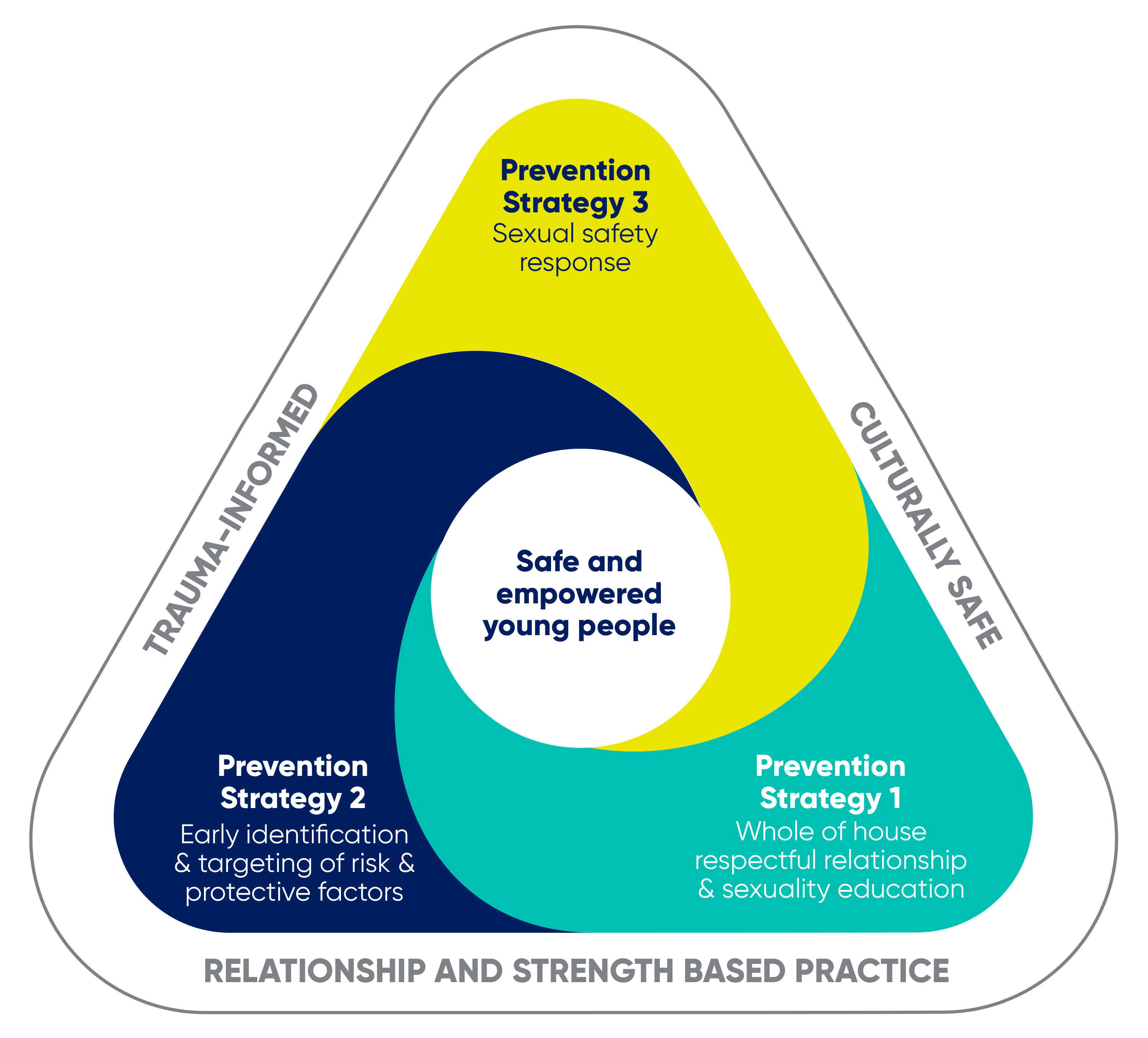
Introductory events
Leaders and Key Implementers are invited to a workshop, designed to generate a shared commitment to embedding training into practice.
Readiness assessment
Participating organisations are encouraged to complete an assessment that will help in identifying areas of focus where pre-work may be required to impactfully implement Power to Kids.
E-learning
Participants will undertake an introductory e-learn to introduce key trauma theory concepts and to build foundational awareness around cultural safety and increase cultural capabilities for implementation.
Workforce training
1-day live training online (contact us for face-to-face options)
Participants will deep dive into three key content areas including child sexual exploitation, harmful sexual behaviours, and dating violence. Participants will learn and practice models for trauma-informed conversations, practice identifying and assessing risk, and unpack how to develop and implement sexual safety plans.
Self-guided implementation (for those who have completed live training) includes a digital resource library available to all participants through our online learning platform including videos, psychoeducation, and cultural capability resources.
Key Implementers also have the option to purchase extended implementation resources that support the embedding of practice, data collection and scaffolded learning plans to further build capacity around key content areas.
Power to Kids was designed and implemented by MacKillop Family Services in partnership with the University of Melbourne to address several recommendations made by the Royal Commission into Institutional Responses to Child Sexual Abuse.
The program was informed by a review of prevention strategies used across the world and in consultation with an expert advisory group of researchers, policymakers, young people in care, and on-the-ground practitioners.
Read more about the sexual exploitation of children in care and our evidence base:
Gemma McKibbin (2017). 'Preventing Harmful Sexual Behaviour and Child Sexual Exploitation for children & young people living in residential care: A scoping review in the Australian context', Children and Youth Services Review, 82 (2017) 373-382.
Gemma McKibbin, Nick Halfpenny & Cathy Humphreys (2019). 'Respecting Sexual Safety: A Program to Prevent Sexual Exploitation and Harmful Sexual Behaviour in Out-of-Home Care', Australian Social Work, DOI: 10.1080/0312407X.2019.1597910
UNSW Sydney. (2023). Identifying and understanding child sexual offending behaviours and attitudes among Australian men.www.humanrights.unsw.edu.au
The Australian Child Maltreatment Study (ACMS, 2023) .www.acms.com
Commission of Inquiry into Tasmanian Government’s Responses to Child Sexual Abuse in Institutional Settings (Recommendation 9.28)
Power to Kids utilises a “Brave Conversation model.” This model follows the TALK acronym:
- Take the Initiative
- Ask the child what they think or feel
- Let them know the facts and range of beliefs
- Keep the conversation going
(Faulkner & Schergen, 2016)
This is a simple method for having a trauma-informed conversation and keeping focus on a young person's feelings and values. The brave conversation model utilises fact-based education, eliminating shame and empowering children and young people to make their own decisions in a safe way.
We understand that not everyone feels comfortable talking about sexuality and relationships. That's why our trainers focus on creating a safe space for discussing these topics. This includes being aware of potential triggers and considering what needs to be in place to ensure cultural safety.
As a result of our training, previous carers who have been part of the Power to Kids program report improved knowledge, confidence and comfort talking about relationships, sexual health and sexuality with young people.
As part of the whole of house education, Power to Kids work is structured across three prevention and response strategies and covers ten topics, The topics include:
- Rights and Responsibilities
- Cultural practice
- Gender and diversity
- Sexual health and contraception
- Sexual behaviour
- Respectful relationships and love
- Consent and age
- Grooming and abuse
- Disclosure and informed friends
- Online safety and pornography
The whole of house approach supports all residential care staff and leadership across an organisation with increased awareness and skills to:
- increase the identification and timely response to indicators of child sexual exploitation, harmful sexual behaviour and dating violence
- have informed conversations around relationships and sexual safety with young people in care
- build a shared language, consistency and expectations across care teams
- intentionally build relationships with agencies and service providers to ensure collaborative system responses
The whole of house approach ensures that your whole team are supported to confidently work together and provide consistent messaging for young people.
Organisations commit to implementation from the outset, and co-design a training plan that will best support their implementation approach.
All staff participating complete the introductory elearns before attending six hours of 'live' online training.
Leaders and nominated Key Implementers attend an additional workshop to better understand their role in leading implementation.
After you have completed the 'live' training component, participants have ongoing access to:
- a digital resource library including videos, psychoeducation and cultural capability resources
For a small additional cost, organisations can also access Implementation support templates to support monitoring and reviewing practice progress and a bank of workshops on key sexual safety topics to support ongoing internal capacity building.
Cultural Safety is one of the core foundational practice principles of Power to Kids. We use an embedded Cultural Respect Framework that recognises cultural knowledge and wisdom, affirms culture, builds respectful relationships with Aboriginal communities, and supports culturally inclusive practice. Organisations who partner with the Power to Kids program are encouraged to establish cultural protocols in partnership with their local communities and Aboriginal services from the outset to ensure contextualised cultural safety and support.
When your organisation signs up to Power to Kids each staff member will be sent a registration confirmation email with instructions to set up access to the Power to Kids e-learning portal.
You can access the e-learning modules with your email and password at this link.
"Six weeks ago, I don't think he would have come forward…Now he knows that this actually isn't okay… I think that the program has definitely had an influence on him and made him feel comfortable to talk to the staff around what has happened."
Case Manager referring to a young man disclosing an act of harmful sexual behaviour

Stories of impact
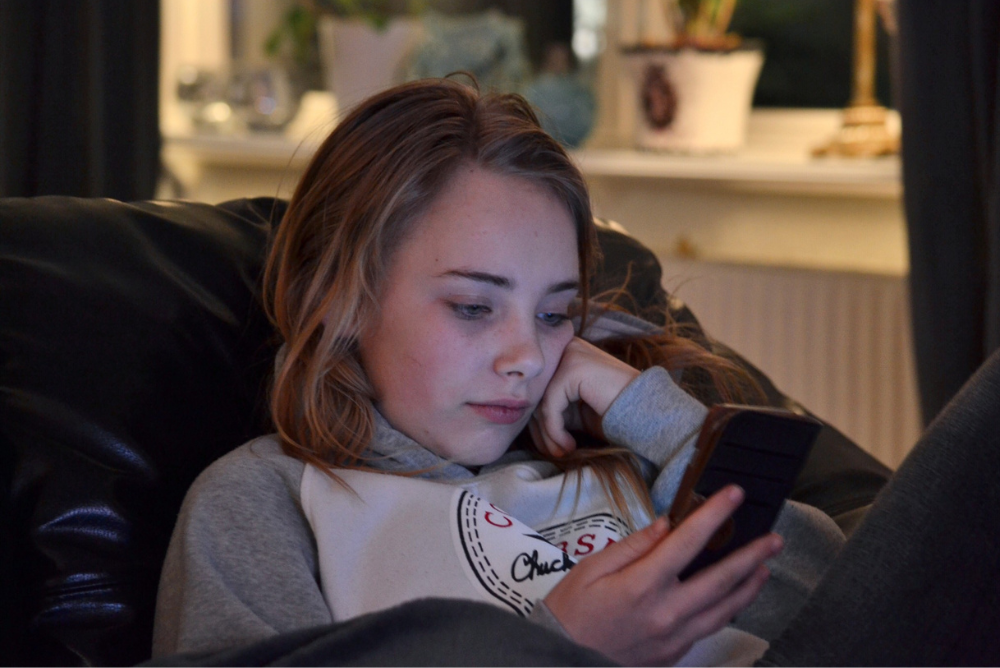
Preventing sexual exploitation in residential care homes
Children living in residential care homes are at a greater risk of sexual exploitation, their vulnerable status making them a target for criminals and unwanted behaviours from peers. Since 2021, the South Australian Department for Child Protection has rolled out the Power to Kids program to help child and youth workers gain the skills to identify and prevent sexual exploitation of children and young people in their care.
View moreLatest News

Changes for the Power to Kids Out of Home Care Program
Power to Kids is embarking on the next exciting phase of its journey. In 2024, we’re excited for Power to Kids to transition to a new service model that will enable us to continue to deliver high-quality training and increase our focus on embedding implementation into practice. We will continue to build on the incredible achievements and learnings from the past two years and offer partner organisations a range of flexible and customised options to meet individual needs, budgets and timeframes.
View more"One striking thing that came out of (the program) was that the girls mentioned to the carers that they should be talking to one of the other girls in the house, because they think she's being groomed by her uncle... the girls seemed concerned about this relationship… and mentioned that to the carers..."
Sexual Health Nurse




